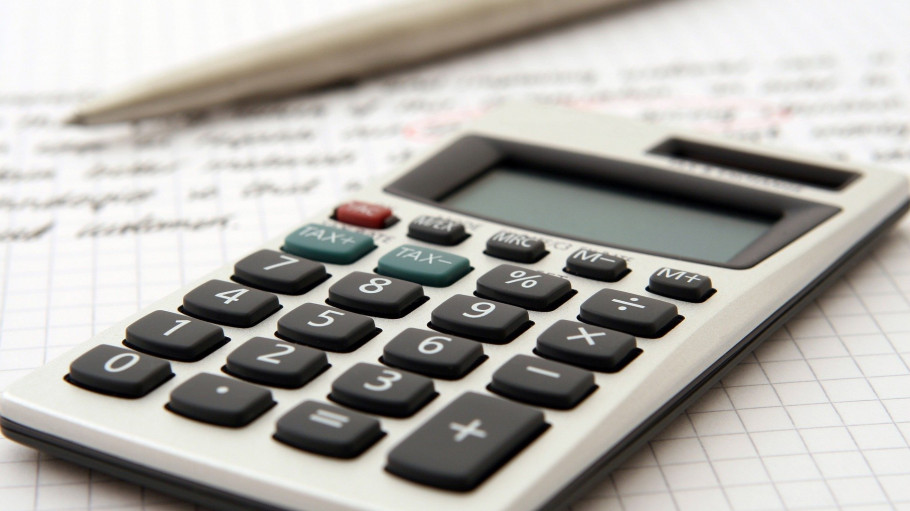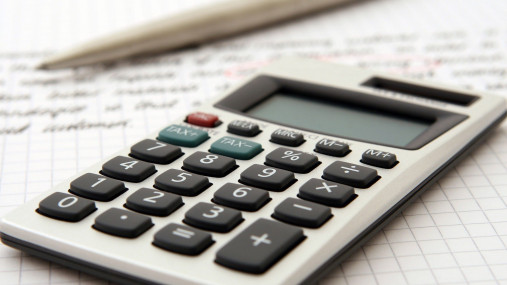
Publications » Brochures, booklets or fact-sheets » Revision of the Environmental and Energy Aid Guidelines (EEAG)
Revision of the Environmental and Energy Aid Guidelines (EEAG)
Downloads and links
Recent updates

The steel industry has had a longstanding presence in Europe and remains an important employer of skilled labour. Furthermore, the industry also supports significant activity and jobs in a range of other industries throughout the EU, as a result of the large amount of money spent on the materials and services used in the steel production process. Crucially, steel makes a powerful contribution to the continent’s standard of living, by forming a key input in the work of other industrial sectors. In turn, many of these customer industries produce items essential for the functioning of the wider EU economy.
In 2017, the European steel industry made a €25 billion direct contribution to the standard ‘gross value added’ measure of EU-wide production (hereafter referred to as GVA). However, the industry’s total GVA impact that year, when supply chain and staff spending impacts are also included, was much higher, at €148 billion. This overall contribution exceeded the total GVA produced in the region of Berlin in 2017.

Download this publication or visit associated links
Brussels, 20 February 2026 – EU steel exports to the United States fell by 30% in the second half of 2025 compared to the same period in 2024, after the imposition of 50% tariffs according to new Eurostat data. The expansion of the U.S. tariff regime to include downstream steel-intensive products, such as machinery and equipment, is expected to amplify its impact on both EU steel producers and their customers. The European Steel Association (EUROFER) said the figures underscore the need for any EU-US trade agreement to be fair, balanced and enforceable.
Joint Industry Statement
Brussels, 11 February 2026 - The European Steel Association (EUROFER) has backed a call to action adopted by European companies and industries in Antwerp today, which includes a demand on the EU to take urgent action to bring electricity prices down as a condition for Europe’s industrial drive, competitiveness and economic resilience.